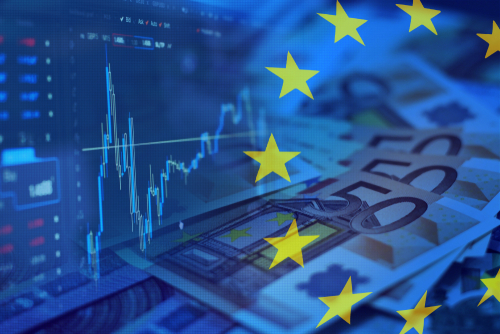



On November 26, 2024, a podcast hosted by Evi Kiorri featured discussions on the increasing regulatory and reporting requirements imposed on European businesses, particularly in light of the findings from the Draghi report. The report highlights significant concerns regarding the EU's productivity struggles and its competitiveness on the global stage. Jonathan Packroff from EURACTIV noted that high energy prices in Europe continue to exceed those in the U.S., further complicating the operational landscape for companies [a9b59c2e].
European businesses, especially small and medium-sized enterprises (SMEs), are feeling the pressure from stringent sustainability and compliance obligations. These requirements are seen as burdensome, prompting calls for a reduction in reporting obligations by 25%. However, balancing this simplification with the EU's core objectives—such as maintaining high climate and human rights standards—remains a significant challenge [a9b59c2e].
In the context of these developments, the U.S. House of Representatives recently approved a provision requiring the SEC to report on the effects of the EU's corporate sustainability directives on U.S. companies, consumers, and investors. This provision, authored by Rep. Dan Meuser (R-PA), is part of the Prioritizing Economic Growth Over Woke Policies Act, H.R. 4790, which aims to address the perceived burdens of EU regulations on U.S. businesses [19da11d8].
Meuser's legislation specifically targets the EU's Corporate Sustainability Due Diligence Directive (CSDDD), which he argues imposes excessive regulations that threaten economic sovereignty. The directive requires large companies to monitor and prevent human rights and environmental damages throughout their supply chains [19da11d8].
As the EU moves forward with its Supply Chain Act, which mandates compliance from companies with significant revenue and employee thresholds, the implications for businesses operating within and outside the EU are profound. The Act is expected to impact various industries, including the coffee sector, where compliance challenges may lead to shortages and price increases [d38d9ed2].
The EU's commitment to enforcing human rights and promoting corporate sustainability is part of a broader strategy encapsulated in the European Green Deal, which aims to transform the EU into a competitive, resource-efficient economy while addressing climate change and social justice [588c55b3].
The ongoing discussions around corporate reporting requirements, as highlighted in the Draghi report, underscore the delicate balance the EU must strike between regulatory compliance and fostering a competitive business environment. As businesses navigate these challenges, the dialogue around sustainability, compliance, and economic viability continues to evolve [a9b59c2e].